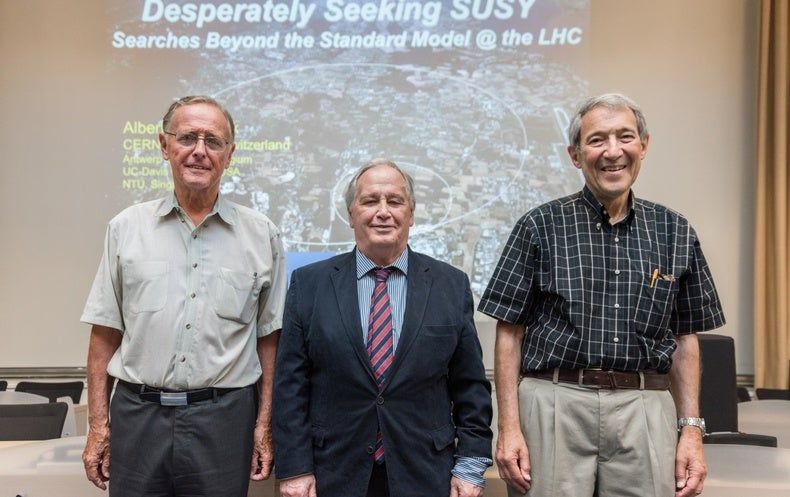The invention is an improved piston engine, either two stroke or four stroke. In one, two stroke, one cylinder embodiment, the improvement comprises two springs connecting between the piston and the base of the piston. These springs are relatively relaxed when the crank is at top dead center. Then during the power/intake stroke, some of the fuel’s energy is delivered to the crankshaft and some is used to compress the springs. The stored energy in the springs is delivered to the crankshaft during the exhaust/compression stroke while the springs return to their relatively relaxed condition. As a result, energy is delivered to the crankshaft during both strokes of the cycle, and the engine runs smooth.
In one, four stroke, two cylinder embodiment, each cylinder has springs as described above, the cranks of each cylinder are aligned, and the cam sets one cylinder in the power stroke while the other is in the intake stroke. As a result, the engine runs smooth because energy is delivered to the crankshaft during all four strokes of the cycle, during two of the strokes by the burning fuel and during the other two by the release of energy in the springs. In both embodiments, a heavy crankshaft is not needed because of the more uniform power delivery.








